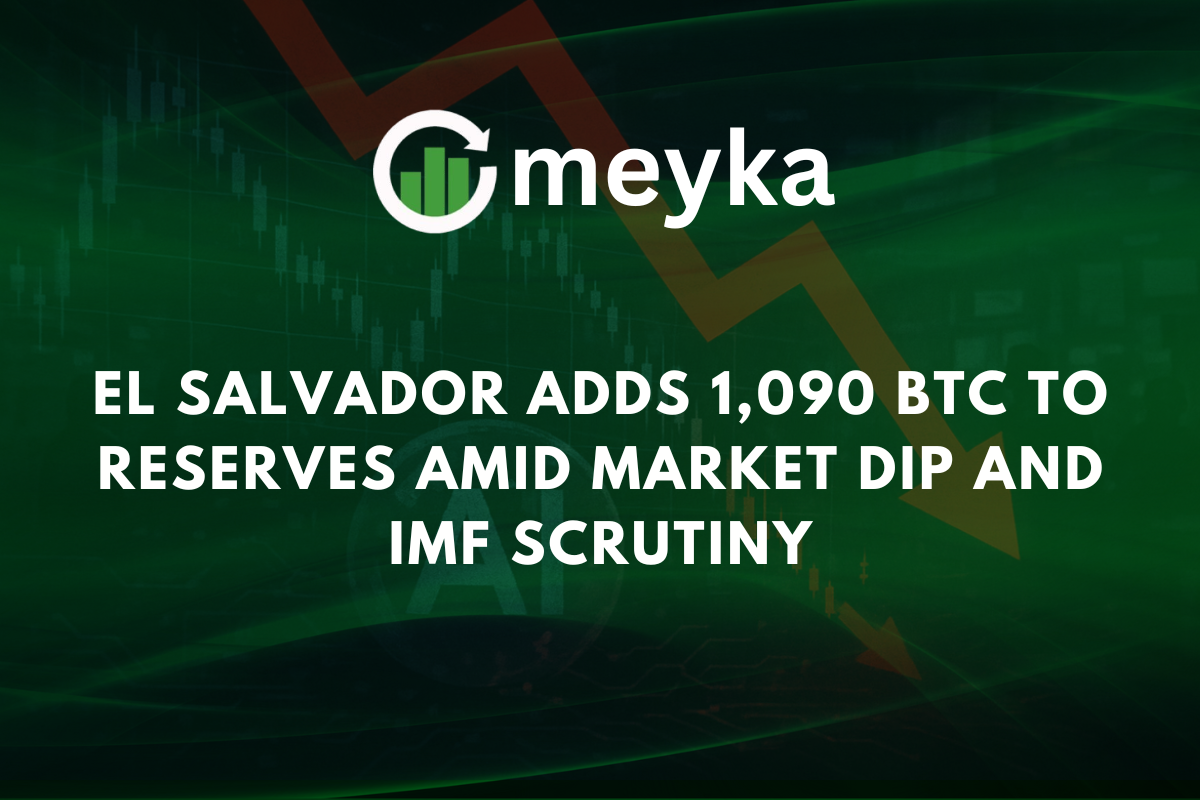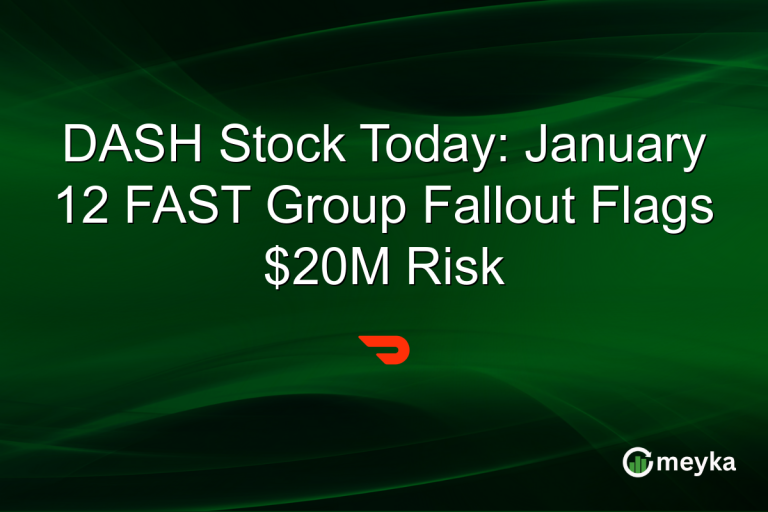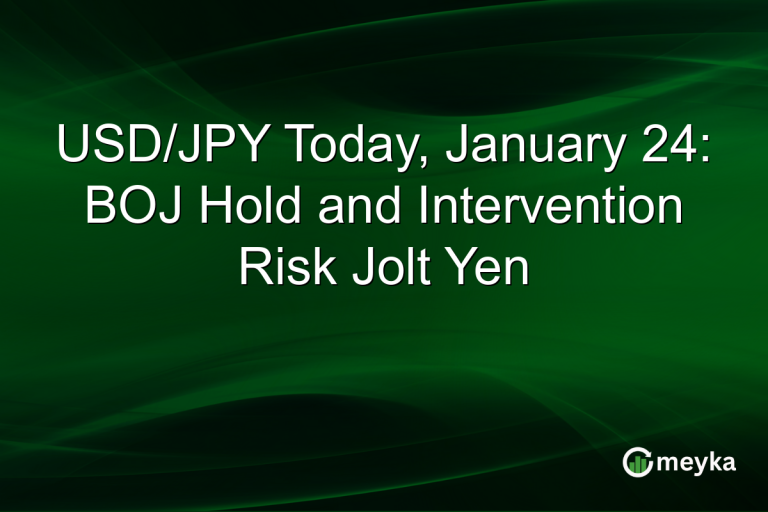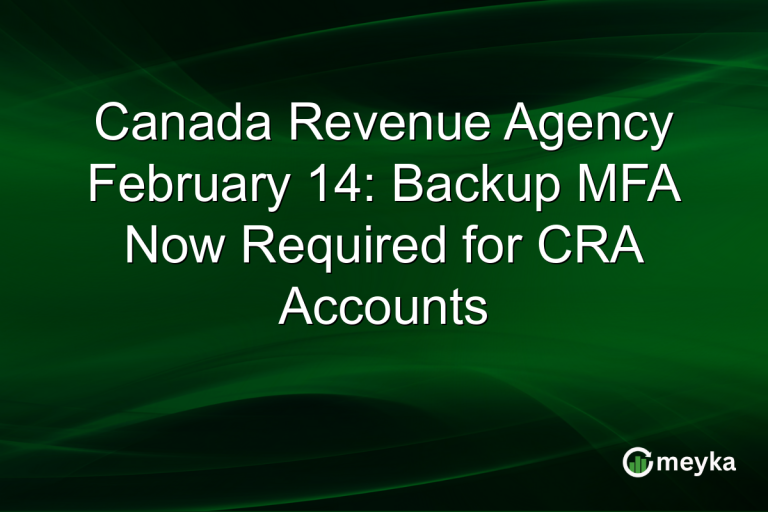El Salvador Adds 1,090 BTC to Reserves Amid Market Dip and IMF Scrutiny
The Central American nation of El Salvador has made an assertive move in the cryptocurrency world by acquiring 1,090 bitcoin (BTC) amid a broader market decline and increasing pressure from the International Monetary Fund (IMF).
Continue Reading on Meyka
This article is available in full on our main platform. Get access to complete analysis, stock insights, and more.
Read Full Article →





